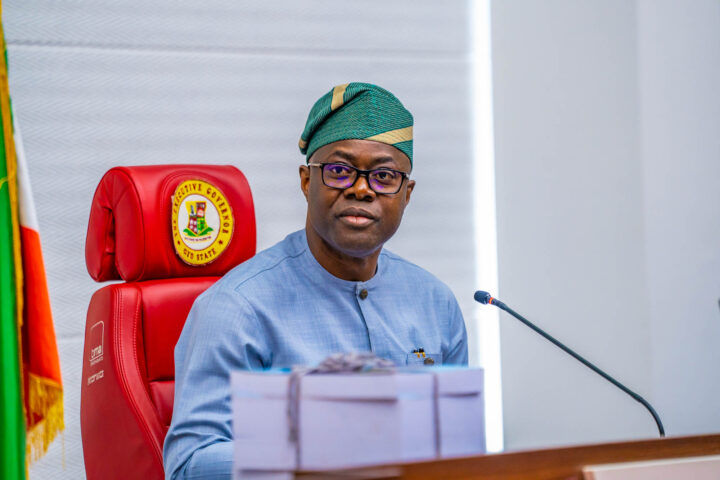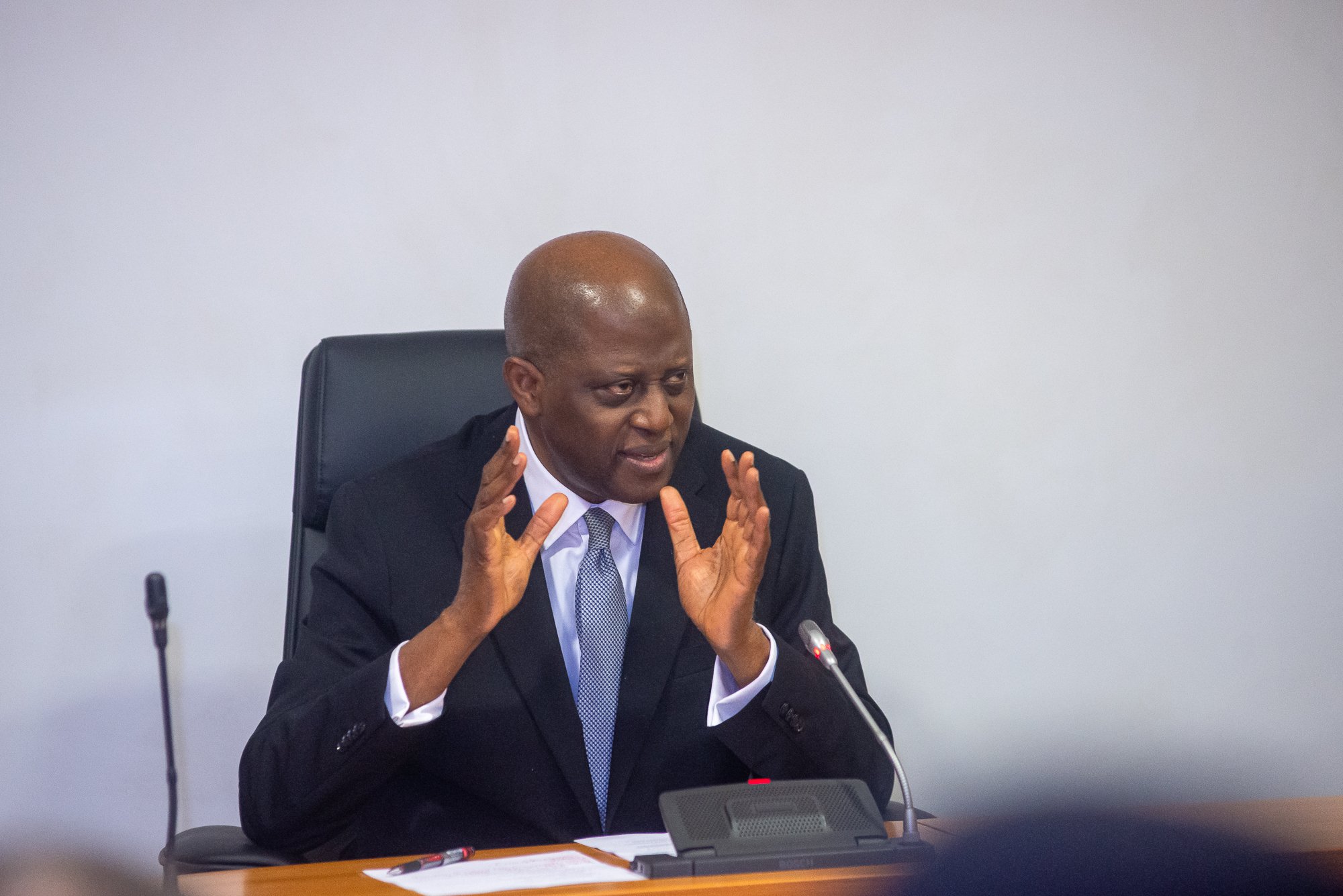Seyi Makinde, governor of Oyo state
David Umahi, minister of works, has responded to comments by Seyi Makinde, governor of Oyo, over the cost per kilometre of the Lagos–Calabar coastal highway.
BACKGROUND
Makinde had questioned the minister’s estimated figures on the cost per kilometre of the coastal highway — a signature infrastructure project of President Bola Tinubu’s administration.
The controversy started during an interview on Arise Television when Oseni Rufai, the anchor, asked the minister about the project’s cost per kilometre.
Advertisement
The question appeared to anger Umahi, who described himself as a “professor” of practice in engineering and said the costs were too complex for the journalist to grasp.
However, Makinde, who insisted that the journalist was right with the question, mocked Umahi, saying the minister was “dancing around” the cost when asked.
“They asked a minister how much is the coastal road is, and then you (Umahi) are dancing around and going to say that no, the next kilometre is different from the next kilometres. Then what is the average cost?” Makinde had said.
Advertisement
“When we did the Oyo to Iseyin road then, it was about N9.99 billion, almost N10 billion. About 34 or 35 kilometres, the average cost is about N238 million per kilometre.
“But when we did Iseyin to Ogbomoso, that was 76 kilometres, it was about N43 billion; the average cost is about N500 million per kilometre. And we had two bridges, one over the Ogun River and then one at the Ogbomoso end.”
UMAHI REPLIES
Speaking on Saturday during an inspection of the Keffi Bridge and the Nasarawa–Toto road projects with Abdullahi Sule, governor of Nasarawa, Umahi said Makinde’s remarks reflected a misunderstanding of technical and cost-evaluation processes in road construction.
Advertisement
He said the highway’s cost was computed in line with international engineering standards and should not be reduced to what he called “political soundbites”.
Umahi described Makinde as “a brother and friend” but noted that it was inappropriate for him to make such accusations in public.
“I heard that my brother and friend, Governor Makinde, said something about the cost per kilometre,” Umahi said.
“I don’t want to join issues with him. I think he is an engineer, while I am an electrical engineer — they call us ‘elect-elect’. But this road construction matter, ‘elect-elect no reach there’.”
Advertisement
Umahi also said he was Makinde’s senior “both in governance and in engineering practice”, urging the governor to seek clarification rather than cast aspersions.
“I am his senior both in governance and in engineering practice,” the minister said.
Advertisement
“Anything he doesn’t understand, he should call me and ask.
“I have great respect for him as my friend and brother, but he should withdraw the statement that I’m dancing around.
Advertisement
“I never danced around. If he insists, he should come for a debate — it’s very important.”
Umahi explained that there is no confusion about how the cost per kilometre was determined, noting that it could be viewed from both estimated and average perspectives.
Advertisement
“There is no ambiguity in cost per kilometre,” he said.
“Cost can be divided into estimated, which has elements of variance, and average, which is definitive.
“The average cost is based on actual work, while the estimated cost allows for probable variations.”
He added that estimated costs include provisions for contingencies and price adjustments, which may not always be used.
“When the project is completed and unused items such as contingencies are removed, what you have left is the actual cost,” Umahi said.
The minister also took a swipe at critics who sought artificial intelligence (AI) explanations for road-cost concepts, saying the responses validated his position.
“When someone lacking technical knowledge goes to ask AI about the difference between estimated and average cost, I’m glad AI told him exactly what I said,” he quipped.
Umahi further referenced the National Universities Commission’s (NUC) clarification on the criteria for professorship, saying practical experience also confers expertise.
“I’m happy that the NUC programme on who is a professor also proved me right,” he said.
“You can become a professor through practice, and I think God has made me one when it comes to practical field engineering — that’s what it is; you can’t take it back.”











